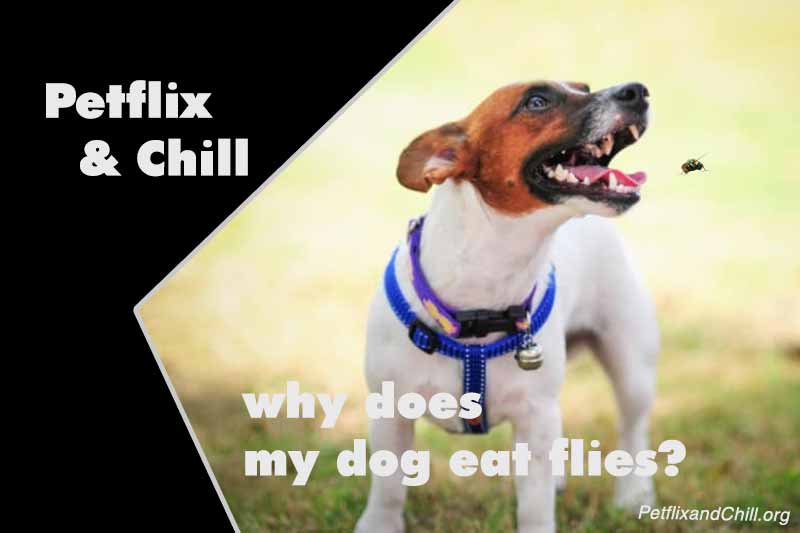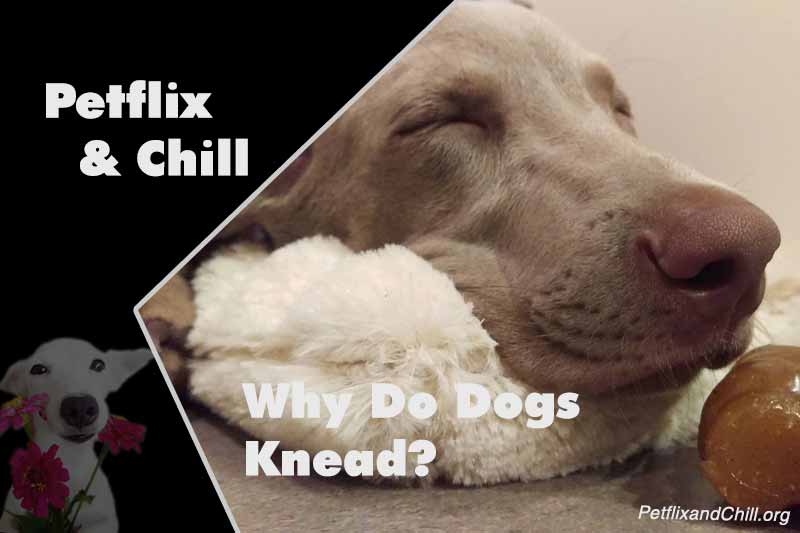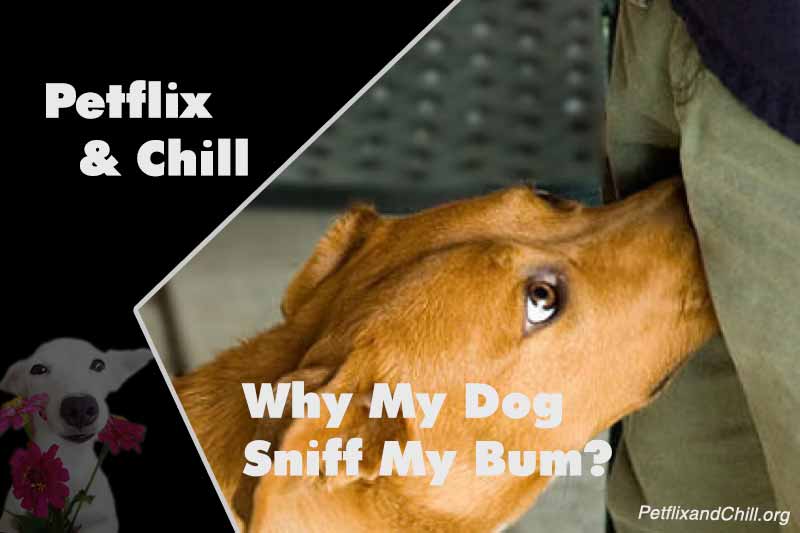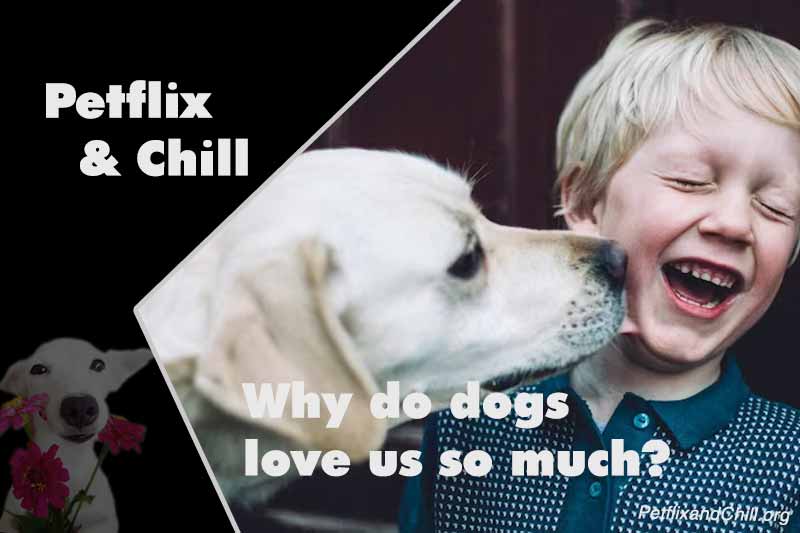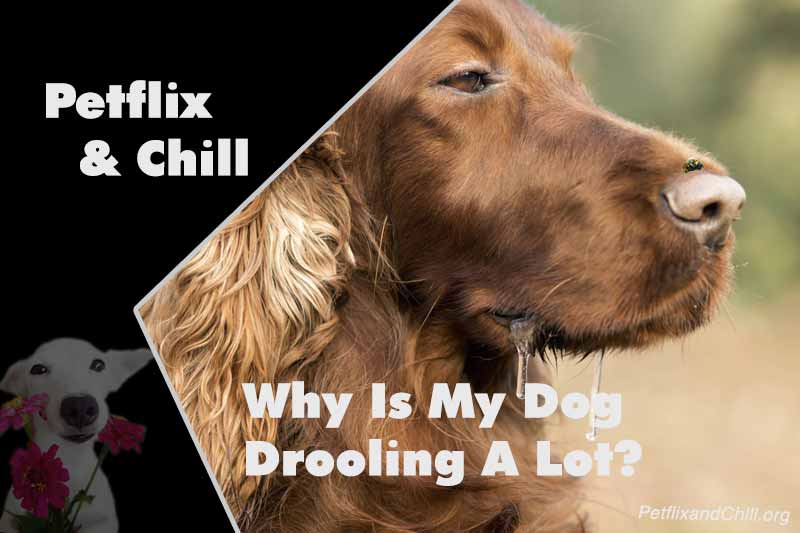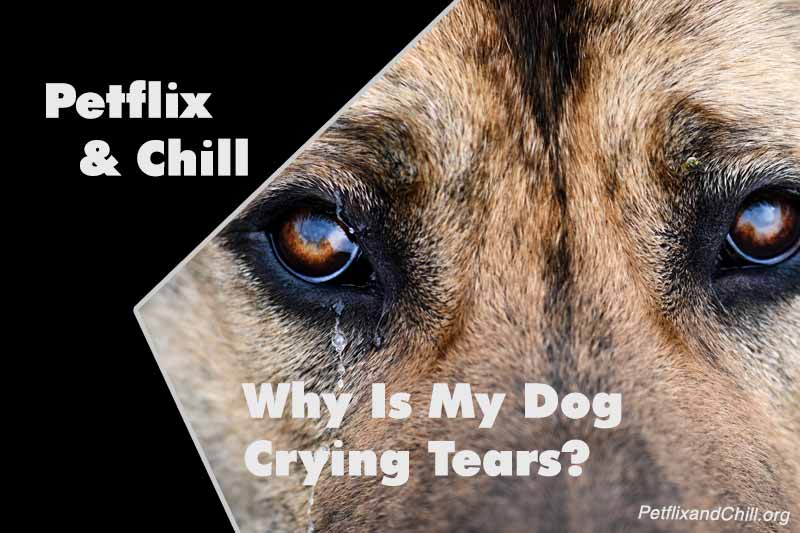Have you ever caught your pup snacking on a fly? It’s a curious behavior that can leave many pet owners wondering. So, why do dogs eat flies? While it may seem strange, there are several factors that could explain this behavior. From instincts to simple curiosity, canines might find flies irresistible for various reasons. Delve in now with Petflix and Chill to explore the causes!
Why Do Dogs Eat Flies: 6 Common Causes
Why does my dog eat flies? Your pet has various reasons for indulging in this odd behavior. Below are six typical causes:
Curiosity
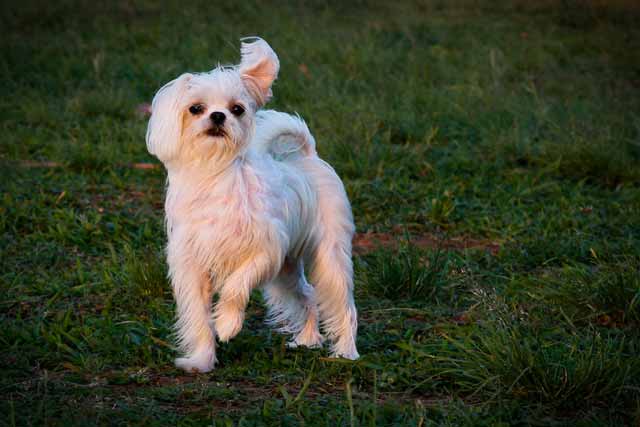
As a dog parent, you might know that dogs have great curiosity. Dogs may consume flies to sample their flavor or since they are fascinated by these insects’ unpredictable and buzzing movements. This inquisitive tendency frequently extends to every element of your pet’s environment, occasionally resulting in them eating flies.
Prey Drive
Dogs may pursue and capture moving items, even flies, due to their powerful instincts as natural predators. This habit is usually innocuous and might provide the pup with enjoyment. The behavior is just a part of the canine’s nature that remains from their predecessors.
Boredom
If your canine companion lacks mental stimulation or physical activity, they may become bored and chase flies. The purpose of this behavior is to entertain themselves.
Instinctual Behavior
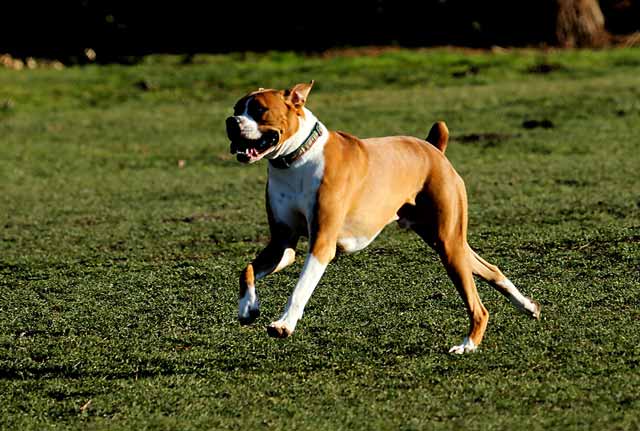
Dogs have a natural hunting instinct, which may be triggered by chasing tiny, moving items. Therefore, when they see flies moving, they may watch to catch and eat them.
Taste and Texture
Some canines could find flies to be a pleasant food because they like the flavor or feel. Your pet may feel excited when munching these insects, too.
Nutritional Needs
Humans don’t find it very appealing, but flies can offer a tiny quantity of protein to your dog. Eating insects in the natural environment can assist in improving a dog’s nutrition, although it is not a significant meal. However, flies will never be the primary nutrient source in a home setting.
Read more: Why Are Flies Attacking My Dog? Causes and Easy Prevention Tips
Is It Harmful for Dogs to Eat Flies?
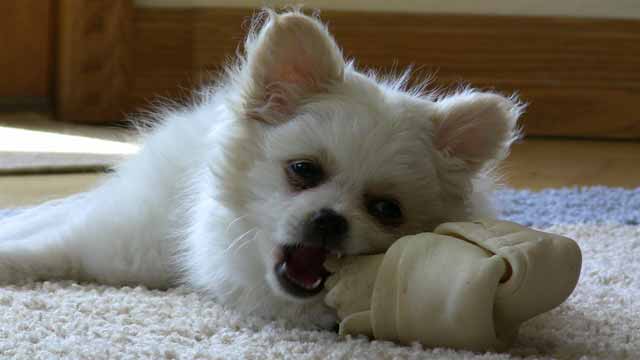
In general, flies are harmless. They can be protein sources for canines if your pet grabs a bite. On the other hand, insects can occasionally pose hazards. They’re parasites, and they may also be poisons or insecticides. Parasites are found in composting products and feces. Flies may consume such things. Hence, your pup may get parasites from these insects if it eats them.
In addition, Salmonella and E. coli are only two of the numerous bacteria and illnesses that flies may spread and cause gastrointestinal problems in dogs. Certain flies can even carry parasite eggs, which might cause internal parasites to infect the pup. Even if the pet has had vaccinations against several parasites, an infestation may still occur. If your pooch consumes a lot of flies, that’s common.
Signs to Watch for If Your Dog Has Eaten a Fly
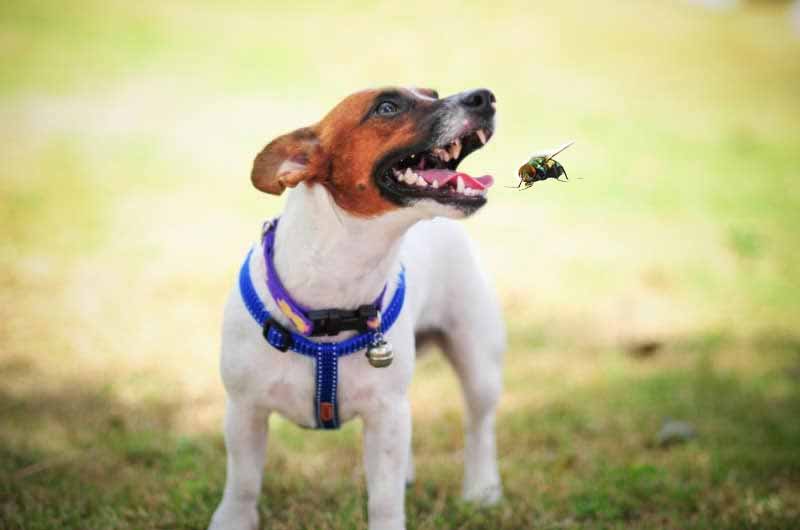
Don’t freak out if you discover your pooch has consumed a fly. One fly won’t be sufficient to raise any significant issues. The most common problem your pet will have is moderate indigestion.
What happens if your canine eats a lot of flies? The symptoms can include:
- Diarrhea and nausea (lasting more than 24 hours)
- Absence of thirst or appetite
- Irritability and restlessness
- Fever and shaking
- Unconsciousness
What to Do If Your Dog Has Eaten Flies?
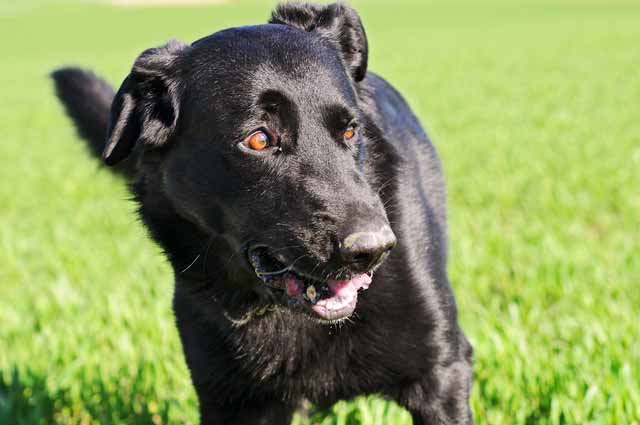
You don’t need to take any special action if your pooch occasionally eats flies. However, you should speak with an animal behaviorist or a vet if you observe your pet regularly engaging in obsessive fly feeding and chasing.
Most interested: Why Dogs Drag Their Butts On The Floor? 10 Signs You Shouldn’t Ignore
How to Keep Your Dog From Chasing and Eating Flies?
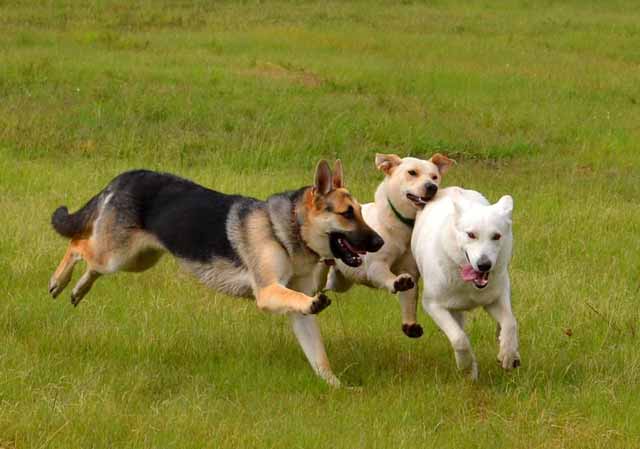
Are you tired of watching your pup chase flies around the house and eat them? Apply the simple strategies below to help curb this habit and redirect their energy in healthier ways.
Create a Fly-Free Environment
Reducing the number of insects in your living space might significantly lessen your dog’s desire to chase and eat them. Keeping your house clean regularly, avoiding exposing food, and installing protective screens or fly traps may all help you keep your home fly-free.
Distract Your Dog
Another option is to immediately divert your pet’s focus when it begins to chase flies. This method means providing it with a different task, starting a playtime, or utilizing its favorite toy. Your pet could eventually link the sight of these insects with enjoyable activities rather than chasing or eating.
Provide Regular Exercise
Frequent play, mental challenges (such as training or puzzles), and exercise can keep your pooch occupied and reduce their curiosity in flies.
Apply ‘Quiet’ Command
A very helpful method for stopping your dog from chasing and eating flies is the “quiet” command. Whenever your pooch begins to chase a fly, say, “Quiet.” Then, give it food or verbal praise if it stops its behavior. Over time, your pet knows that quietness comes with rewards.
Related Articles: Why Is My Dog Eating Dandelions? Here’s What Vets Recommend
Final Thoughts
Why do dogs eat flies? It often comes down to instincts, curiosity, or simply looking for a bit of fun. While the occasional fly snack isn’t usually dangerous, it’s still a good idea to watch for any signs of illness and take steps to discourage the habit. You can help your pup stay safe and focused on healthier activities with a few simple changes.

